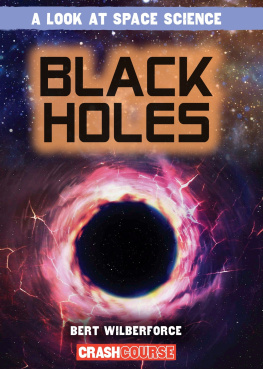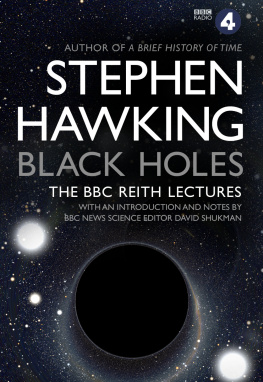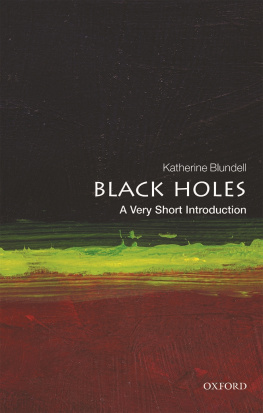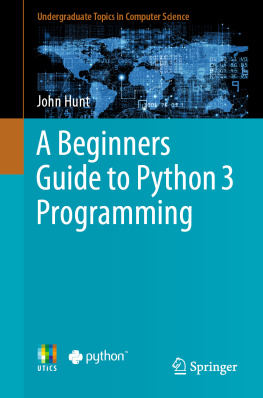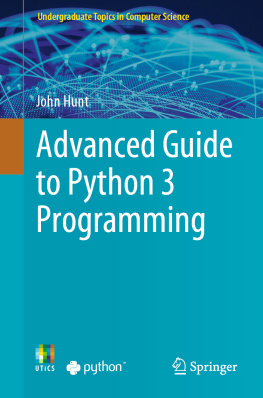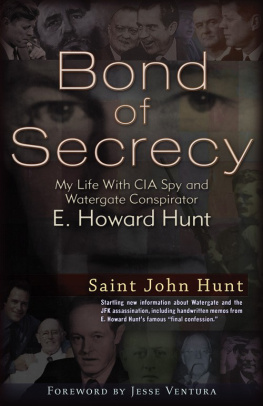John Hunt Publishing. - Holes in the whole: introduction to the urban revolutions
Here you can read online John Hunt Publishing. - Holes in the whole: introduction to the urban revolutions full text of the book (entire story) in english for free. Download pdf and epub, get meaning, cover and reviews about this ebook. City: Washington;Winchester, year: 2012, publisher: John Hunt Publishing;Zero Books, genre: Politics. Description of the work, (preface) as well as reviews are available. Best literature library LitArk.com created for fans of good reading and offers a wide selection of genres:
Romance novel
Science fiction
Adventure
Detective
Science
History
Home and family
Prose
Art
Politics
Computer
Non-fiction
Religion
Business
Children
Humor
Choose a favorite category and find really read worthwhile books. Enjoy immersion in the world of imagination, feel the emotions of the characters or learn something new for yourself, make an fascinating discovery.

- Book:Holes in the whole: introduction to the urban revolutions
- Author:
- Publisher:John Hunt Publishing;Zero Books
- Genre:
- Year:2012
- City:Washington;Winchester
- Rating:3 / 5
- Favourites:Add to favourites
- Your mark:
- 60
- 1
- 2
- 3
- 4
- 5
Holes in the whole: introduction to the urban revolutions: summary, description and annotation
We offer to read an annotation, description, summary or preface (depends on what the author of the book "Holes in the whole: introduction to the urban revolutions" wrote himself). If you haven't found the necessary information about the book — write in the comments, we will try to find it.
Holes in the whole: introduction to the urban revolutions — read online for free the complete book (whole text) full work
Below is the text of the book, divided by pages. System saving the place of the last page read, allows you to conveniently read the book "Holes in the whole: introduction to the urban revolutions" online for free, without having to search again every time where you left off. Put a bookmark, and you can go to the page where you finished reading at any time.
Font size:
Interval:
Bookmark:
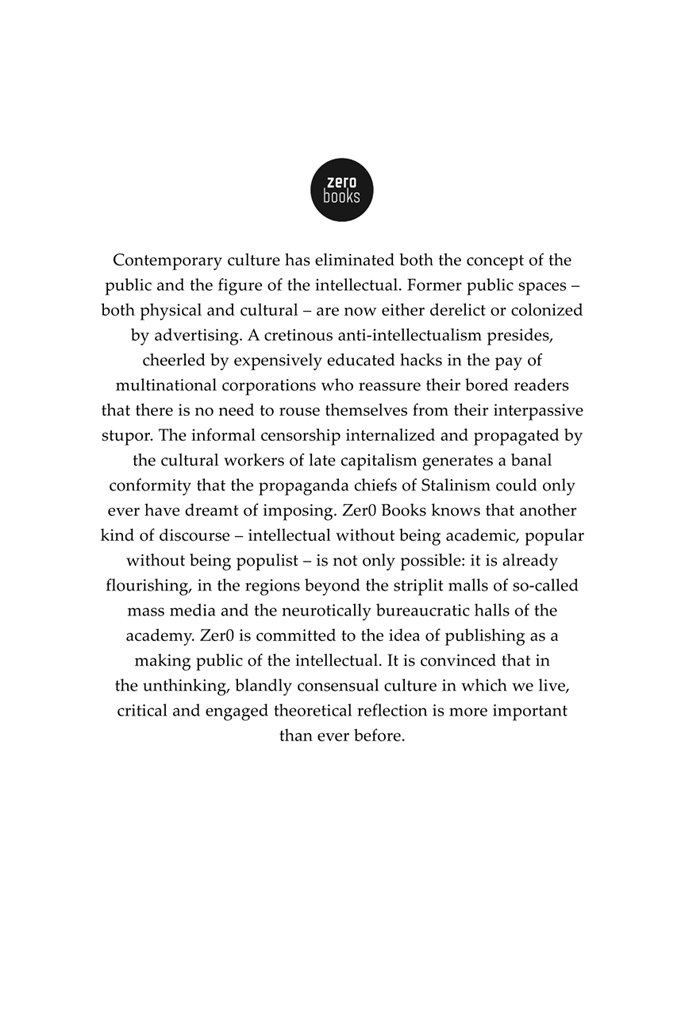
WHAT PEOPLE ARE SAYING ABOUT
This is an engaging book written in the first-person, and crossing genres of criticism, confession, analysis and polemic. It provokes the reader to think about urbanism as a dynamic intellectual field of ideas and experiences. Specialists and general readers will find this book stimulating as the author leaps around from idea to idea, always provocative and always full of insights. He relates issues in architecture, the city and urban life to a range of historical philosophical and cultural issues from justice and ethics to creativity and community, public space and violence. There are few writers who take such a synthetic and wide-ranging approach in the English speaking world. Moreover, it intellectually reconnects Europes East and West, introducing a sense of flair into an overly laboured field of academic research. Dr Jonathan Vickery , Associate Professor, Director MA Global Media and Communication, Centre for Cultural Policy Studies University of Warwick
A refreshing book. In a context where only world cities matter to most urbanists, Krzysztof Nawratek is a thinker equally at home writing about Katowice and Shanghai, London and Plymouth. In this unromantic, lapidary but ultimately optimistic work he offers a precise diagnosis of contemporary urban ills and offers some potential ways out of some worn-out ways of thinking the city. Never mind worrying about the Polis or the decline of public space this book calls instead for a revolutionary new urbanism. Owen Hatherley , author of Militant Modernism , A Guide to New Ruins of Great Britain and A New Kind of Bleak: Journeys Through Urban Britain.
Holes in
the Whole
Introduction to the Urban Revolutions
First published by Zero Books, 2012
Zero Books is an imprint of John Hunt Publishing Ltd., Laurel House, Station Approach,
Alresford, Hants, SO24 9JH, UK
www.johnhuntpublishing.com
www.zero-books.net
For distributor details and how to order please visit the Ordering section on our website.
Text copyright: Krzysztof Nawratek 2012
ISBN: 978 1 78099 375 1
All rights reserved. Except for brief quotations in critical articles or reviews, no part of this
book may be reproduced in any manner without prior written permission from the publishers.
The rights of Krzysztof Nawratek as author have been asserted in accordance with the
Copyright, Designs and Patents Act 1988.
A CIP catalogue record for this book is available from the British Library.
Translated from Polish into English by Kasia Nawratek
Design: Stuart Davies
Printed and bound by CPI Group (UK) Ltd, Croydon, CR0 4YY
Recent years have brought a growing interest even a fascination with the city. A certain change in how cities are talked and written about can also be observed. This change is about growing optimism and the belief that the best time for cities is yet to come. A good example of this is a book by Edward Glaeser released in 2011, in the midst of the ongoing crisis, entitled Triumph of the city. The title speaks for itself. Another characteristic example is a book by Nan Ellin, who quotes Saskia Sassen, Richard Florida and Alvin Toffler (a known anti-urbanist) in her book Integral Urbanism to impress upon the reader the belief that the modern city is in good condition.
Similarly, in another book published at the top of the speculative real estate bubble, Social Economy of the Metropolis. Cognitive-Cultural Capitalism and the Global Resurgence of Cities, Allen J. Scottt puts forward the dual argument (which is representative of this optimistic view on the future of cities and therefore worth discussing) that cities are the effect of capitalism and its natural environment. Cognitive, knowledge-based capitalism is then to bring about the golden era of the city. There are hundreds of books presenting the same argument in different variants. Can so many authors be wrong?
In my opinion yes, and for anyone who is familiar with my previous book it shouldnt be a surprise. Cities are not alright and this diagnosis is a starting point for this book. Indeed the problem of modern western cities is that they exist only by the power of inertia or are rapidly shrinking (the phenomenon of shrinking cities in Germany or the United States). There are cities, like Berlin, whose existence is solely based on political will. There is no industry in Berlin but there are a lot of people who could be included in the creative class. According to those who still believe Richard Florida, this is a city that should flourish. It is true that Berlin is a good place to live, especially for young people seeking cultural entertainment. Unfortunately it is the German state that is paying for this good life Berlin is heavily indebted and unable to live without the financial state drip. There are also cities that are nothing more but big playgrounds of consumption and entertainment, such as Dubai and Wolfsburg.
Although Alvin Toffler is no longer fashionable today. It seems then that the fascination with fluidity and creativity, with art and culture as driving forces of modern urban development is a kind of delusion, having little to do with what modern cities are and what their future may be.
It is worthwhile to stop for a moment and to try to explain the reasons for the widespread belief that today cities are at their peak. Indeed, most of the worlds income is generated in cities; it is, however, difficult to put this observation into the context of the financial and fiscal crisis that first hit cities at the end of the 1970s and which has been deepening since 2008. As I wrote in City as a political idea, it is not cities but urban areas that can be successful. This distinction is crucial cities are not entities in an economical and political sense. They no longer decide their own fate and have instead become a resource of space, buildings, infrastructure and people (as consumers and employees). These resources are utilised by phenomena transcendent to cities mainly global corporations.
European and North American cities are mostly defined as post-industrial. After the fall of industry, or its export to Asia, what remains in these cities is still unfilled holes in space (brown-field sites) and social tissue (the redundant working class). Today, most of these cities in the West are shrinking, with very few exceptions such as London or Paris, while Asian, South American and African cities are growing. It is important to realise that these growing cities are not post-industrial, but especially in China their success comes from combining strengths of the industrial city with the city as the centre of knowledge production and consumption. However, even growing cities although in different ways to cities in the West are mostly unable to exercise power over themselves. Spaces controlled by global corporations, the state (military sites, roads, railways) and natural reserves protected by international agreements (such as European Union areas protected by the programme Natura 2000) are beyond the control of the city authorities. I would then risk the thesis that contrary to optimists who see a bright future for our cities, one can have doubts whether there is any future for cities at all. This doubt stems from the fact that in contrast to fortified forts, market towns and even cities from the industrial era, cities today do not seem necessary at all.
The city is unnecessary and its artificiality is perfectly visible in Dubai and Las Vegas. Dubai is almost perfectly apolitical only 10% of its population have local citizenship is a city that lives almost entirely from consumption. Both Dubai and Las Vegas are cities serving as playgrounds for people from other, real cities if they exist.
Next pageFont size:
Interval:
Bookmark:
Similar books «Holes in the whole: introduction to the urban revolutions»
Look at similar books to Holes in the whole: introduction to the urban revolutions. We have selected literature similar in name and meaning in the hope of providing readers with more options to find new, interesting, not yet read works.
Discussion, reviews of the book Holes in the whole: introduction to the urban revolutions and just readers' own opinions. Leave your comments, write what you think about the work, its meaning or the main characters. Specify what exactly you liked and what you didn't like, and why you think so.

